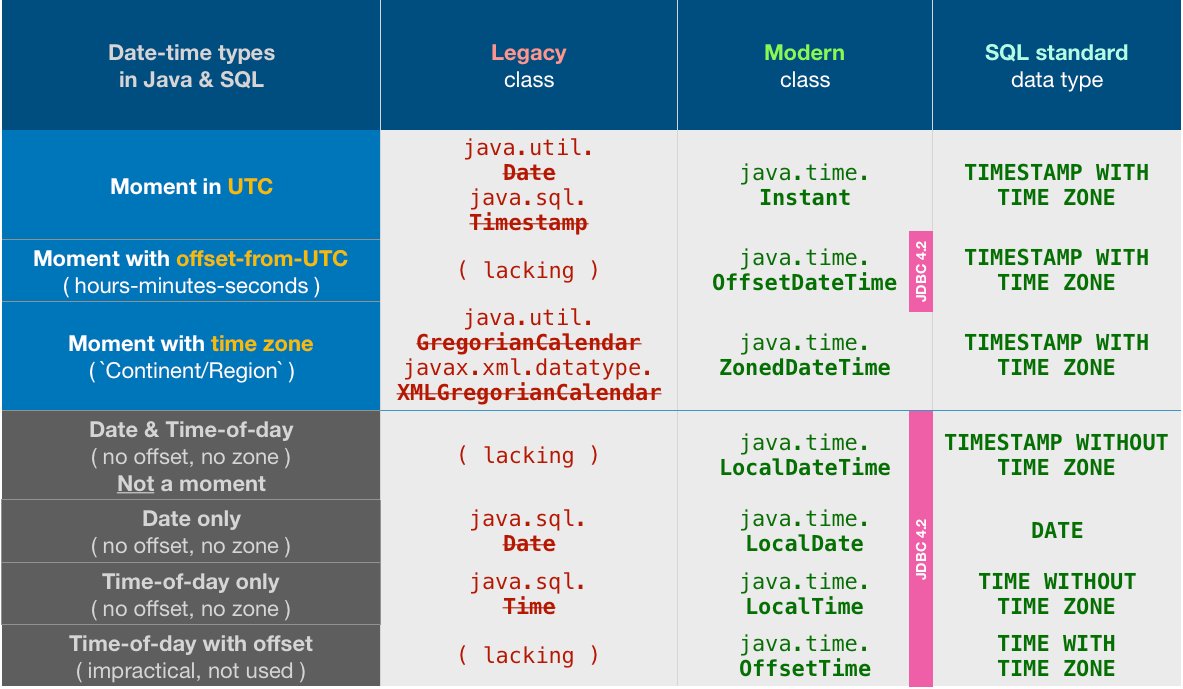tl;dr
LocalDateTime.parse( // With resolution of nanoseconds, represent the idea of a date and time somewhere, unspecified. Does *not* represent a moment, is *not* a point on the timeline. To determine an actual moment, place this date+time into context of a time zone (apply a `ZoneId` to get a `ZonedDateTime`).
"2015-05-09 00:10:23.999750900" // A `String` nearly in standard ISO 8601 format.
.replace( " " , "T" ) // Replace SPACE in middle with `T` to comply with ISO 8601 standard format.
) // Returns a `LocalDateTime` object.
Nope
No, you cannot use SimpleDateFormat to handle nanoseconds.
But your premise that…
Java does not support time granularity above milliseconds in its date patterns
…is no longer true as of Java 8, 9, 10 and later with java.time classes built-in. And not really true of Java 6 and Java 7 either, as most of the java.time functionality is back-ported.
java.time
SimpleDateFormat, and the related java.util.Date/.Calendar classes are now outmoded by the new java.time package found in Java 8 (Tutorial).
The new java.time classes support nanosecond resolution. That support includes parsing and generating nine digits of fractional second. For example, when you use the java.time.format DateTimeFormatter API, the S pattern letter denotes a "fraction of the second" rather than "milliseconds", and it can cope with nanosecond values.
Instant
As an example, the Instant class represents a moment in UTC. Its toString method generates a String object using the standard ISO 8601 format. The Z on the end means UTC, pronounced “Zulu”.
instant.toString() // Generate a `String` representing this moment, using standard ISO 8601 format.
2013-08-20T12:34:56.123456789Z
Note that capturing the current moment in Java 8 is limited to millisecond resolution. The java.time classes can hold a value in nanoseconds, but can only determine the current time with milliseconds. This limitation is due to the implementation of Clock. In Java 9 and later, a new Clock implementation can grab the current moment in finer resolution, depending on the limits of your host hardware and operating system, usually microseconds in my experience.
Instant instant = Instant.now() ; // Capture the current moment. May be in milliseconds or microseconds rather than the maximum resolution of nanoseconds.
LocalDateTime
Your example input string of 2015-05-09 00:10:23.999750900 lacks an indicator of time zone or offset-from-UTC. That means it does not represent a moment, is not a point on the timeline. Instead, it represents potential moments along a range of about 26-27 hours, the range of time zones around the globe.
Pares such an input as a LocalDateTime object. First, replace the SPACE in the middle with a T to comply with ISO 8601 format, used by default when parsing/generating strings. So no need to specify a formatting pattern.
LocalDateTime ldt =
LocalDateTime.parse(
"2015-05-09 00:10:23.999750900".replace( " " , "T" ) // Replace SPACE in middle with `T` to comply with ISO 8601 standard format.
)
;
java.sql.Timestamp
The java.sql.Timestamp class also handles nanosecond resolution, but in an awkward way. Generally best to do your work inside java.time classes. No need to ever use Timestamp again as of JDBC 4.2 and later.
myPreparedStatement.setObject( … , instant ) ;
And retrieval.
Instant instant = myResultSet.getObject( … , Instant.class ) ;
OffsetDateTime
Support for Instant is not mandated by the JDBC specification, but OffsetDateTime is. So if the above code fails with your JDBC driver, use the following.
OffsetDateTime odt = instant.atOffset( ZoneOffset.UTC ) ;
myPreparedStatement.setObject( … , odt ) ;
And retrieval.
Instant instant = myResultSet.getObject( … , OffsetDateTime.class ).toInstant() ;
If using an older pre-4.2 JDBC driver, you can use toInstant and from methods to go back and forth between java.sql.Timestamp and java.time. These new conversion methods were added to the old legacy classes.
![Table of date-time types in Java (both legacy and modern) and in standard SQL]()
About java.time
The java.time framework is built into Java 8 and later. These classes supplant the troublesome old legacy date-time classes such as java.util.Date, Calendar, & SimpleDateFormat.
The Joda-Time project, now in maintenance mode, advises migration to the java.time classes.
To learn more, see the Oracle Tutorial. And search Stack Overflow for many examples and explanations. Specification is JSR 310.
You may exchange java.time objects directly with your database. Use a JDBC driver compliant with JDBC 4.2 or later. No need for strings, no need for java.sql.* classes.
Where to obtain the java.time classes?
The ThreeTen-Extra project extends java.time with additional classes. This project is a proving ground for possible future additions to java.time. You may find some useful classes here such as Interval, YearWeek, YearQuarter, and more.


SimpleDateFormatimplementation, without any other code modifications or string manipulation? Obviously not. – Lachrymose